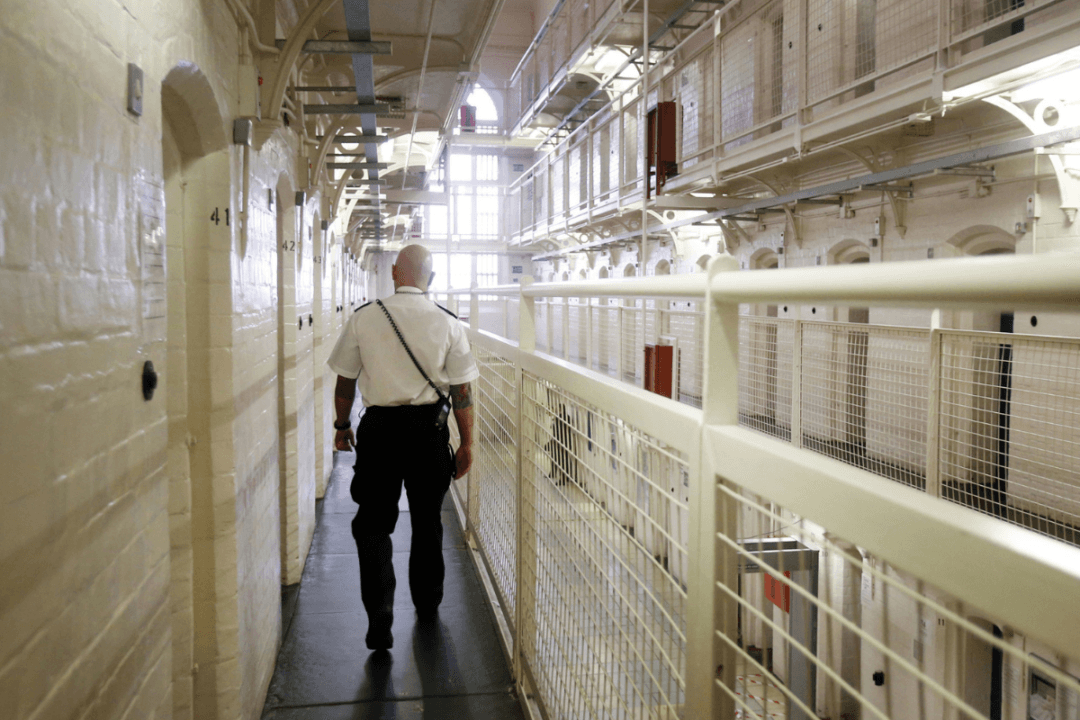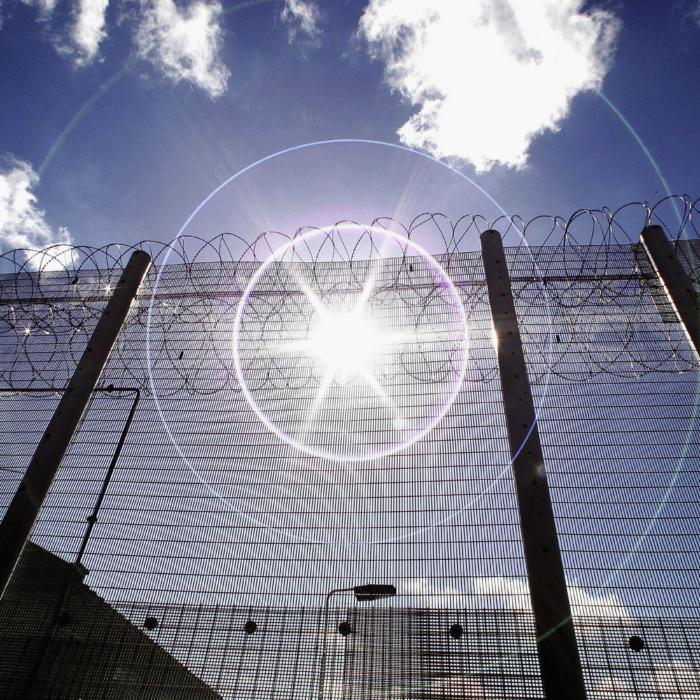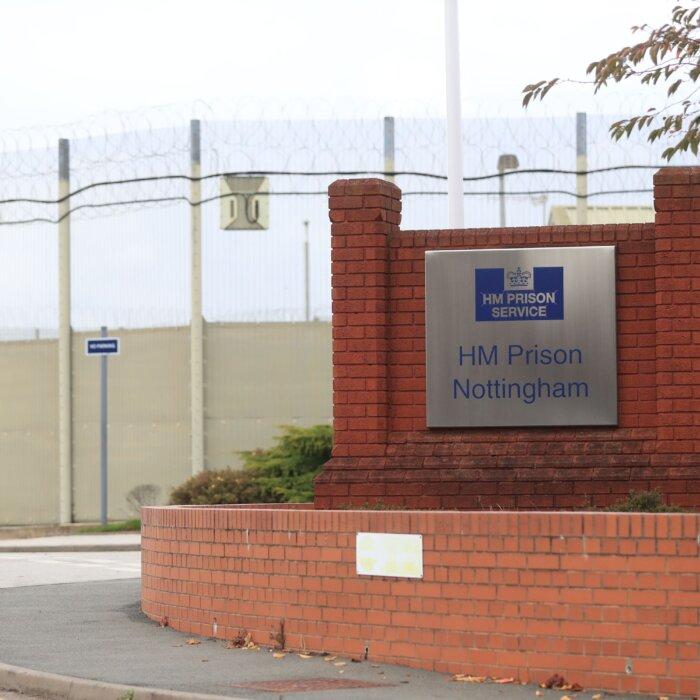Around 1,700 prisoners will be released early on Tuesday as part of the government’s plan to ease prison overcrowding.
Policing minister Dame Diana Johnson told the BBC on Monday that probation services have been working to ensure that there are plans in place for those being released.
“People are released on licence and can be recalled if they commit further offences. So there’s a whole range of things that are already in place to make sure that tomorrow goes as well as we can expect. But clearly, nobody wants to be doing this,” Johnson said.
The early releases are part of a temporary government scheme aimed at tackling prison overcrowding. In the coming weeks, an estimated 5,500 inmates will be let out of jail early and will serve the rest of their sentences under strict licensing conditions.
Asked how many were expected to be let out of prison on Tuesday, Johnson replied, “I understand it’s in the region of about 1,700.”
Johnson said that the home secretary, safeguarding minister, and Ministry of Justice ministers have worked to ensure that there had been full appraisals on those being released. Those jailed for domestic abuse, terrorism, or serious violent offences will not be released early.
Avoiding ‘Unchecked Criminality’
The plan to cut the proportion of minimum Standard Determinate Sentences from 50 percent to 40 percent, dubbed SDS40, was announced in July by Justice Secretary Shabana Mahmood.A Number 10 spokeswoman said that without this decision being taken, “prisons would have completely run out of places, and we faced unchecked criminality on our streets with police unable to make arrests.”
She added that the government had ensured that safeguards were in place to protect the public, reiterating assurances from ministers that there are exemptions to ensure that offenders for violent and serious offences are not eligible for release under the scheme.
Those being let out will have a release plan that includes them having somewhere to live and support to find work.
Domestic Abuse
Despite assurances from Johnson that domestic abusers will not be released, charities have raised concerns that the exemptions to early release do not go far enough.Jessica Eagelton, head of policy and public affairs at Refuge, said that the early release exemption list will not include all domestic abuse offenders, such as those charged with common assault or those with a history of domestic abuse serving sentences for unrelated offences.
Probation Services Stretched
Probation and rehabilitation charities have also expressed concern that there will not be enough support for the large number of offenders being released, increasing the risk of recidivism.A spokesperson for rehabilitation charity Switchback said, “These measures must be paired with investment in effective resettlement to stabilise the justice system and make a sustainable impact.”
The spokesperson said many young men are being released without proper support and “as a result, the release scheme risks compromising rehabilitation and increasing reoffending rates unless backed by proper support and effective resettlement.”
The government also plans to recruit 1,000 new trainee probation officers by March 2025 to cope with additional demand.







